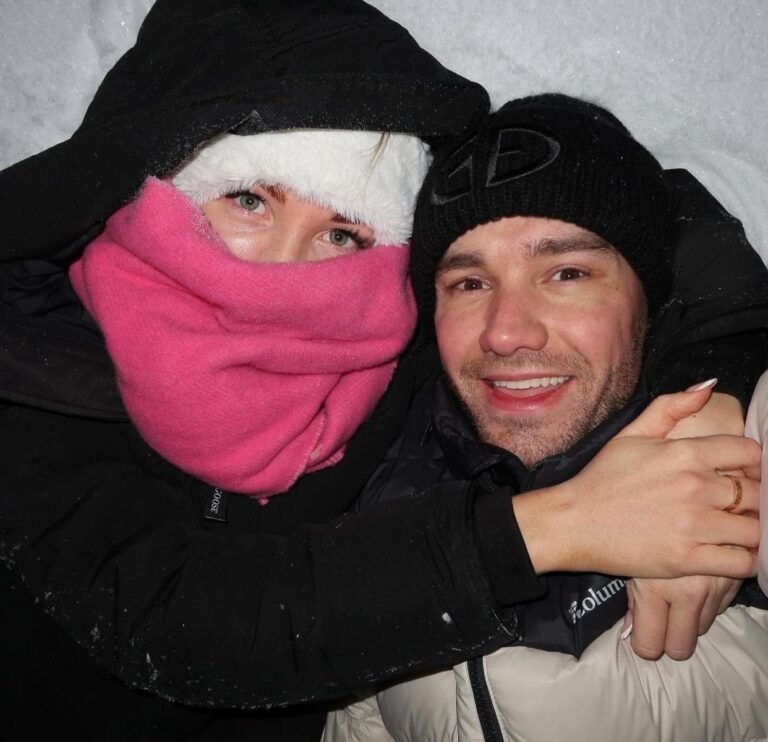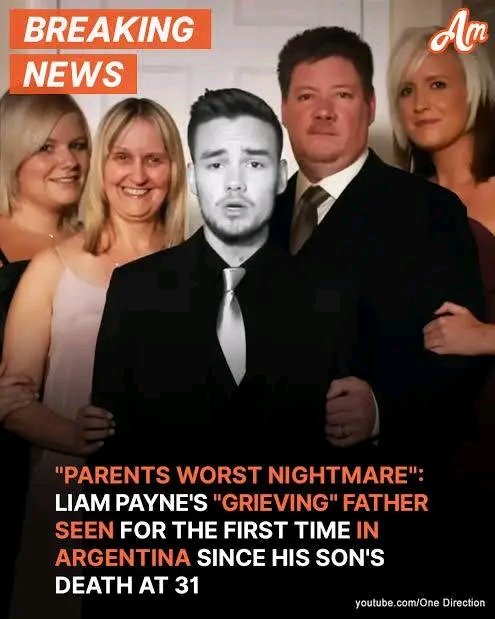
The passing of Liam Payne has stirred intense criticism regarding how society handles the well-being of public figures, especially those with known vulnerabilities. Despite his fame and achievements as part of One Direction, Payne’s personal struggles were public knowledge—addiction and mental health battles marked much of his post-band career. His death is a poignant reminder that the veneer of celebrity often conceals deeper suffering, amplified by inadequate support networks and an unforgiving spotlight. Critics argue that society’s collective indifference to these pressures played a significant role in the singer’s decline.
Government policies that address mental health and addiction have come under heavy fire in the wake of Payne’s death. Calls for reform are louder than ever, with advocates pointing out that despite increased awareness campaigns, tangible progress remains limited. The resources available for those battling addiction or seeking mental health help are often insufficient, delayed, or inaccessible, even for those who have the means. If Payne, a globally recognized star, could fall through the cracks of these systems, it raises alarming questions about what average individuals face when navigating similar crises.
Fans, once seen as a lifeline to celebrities, have also faced criticism for their dual role. While Payne’s supporters provided him with love and adulation, the darker aspects of fan culture—expectations, invasiveness, and the cycle of public adoration followed by condemnation—added to the relentless pressures he faced. Social media platforms have become battlegrounds where celebrities are celebrated and torn down in equal measure. The intensity of these interactions, many now argue, contributed to a hostile environment that affected Payne’s mental health and sense of self-worth.
The role of the media is also under the microscope. Coverage of Payne’s troubles often leaned into sensationalism rather than compassion, portraying his struggles as headlines rather than cries for help. The continuous scrutiny magnified his vulnerabilities and further isolated him, revealing how the relentless nature of modern media can exacerbate the issues it reports on. Many feel that media outlets must reassess their approach to reporting on the challenges faced by public figures, prioritizing empathy over exploitation.
Liam Payne’s untimely death serves as a wake-up call that echoes beyond the realms of celebrity gossip. It underscores the urgent need for systemic change—improved mental health services, more supportive fan culture, and responsible media practices. Without these changes, society risks repeating this cycle of preventable tragedies, turning a blind eye until another life is lost and another headline reads too late.




